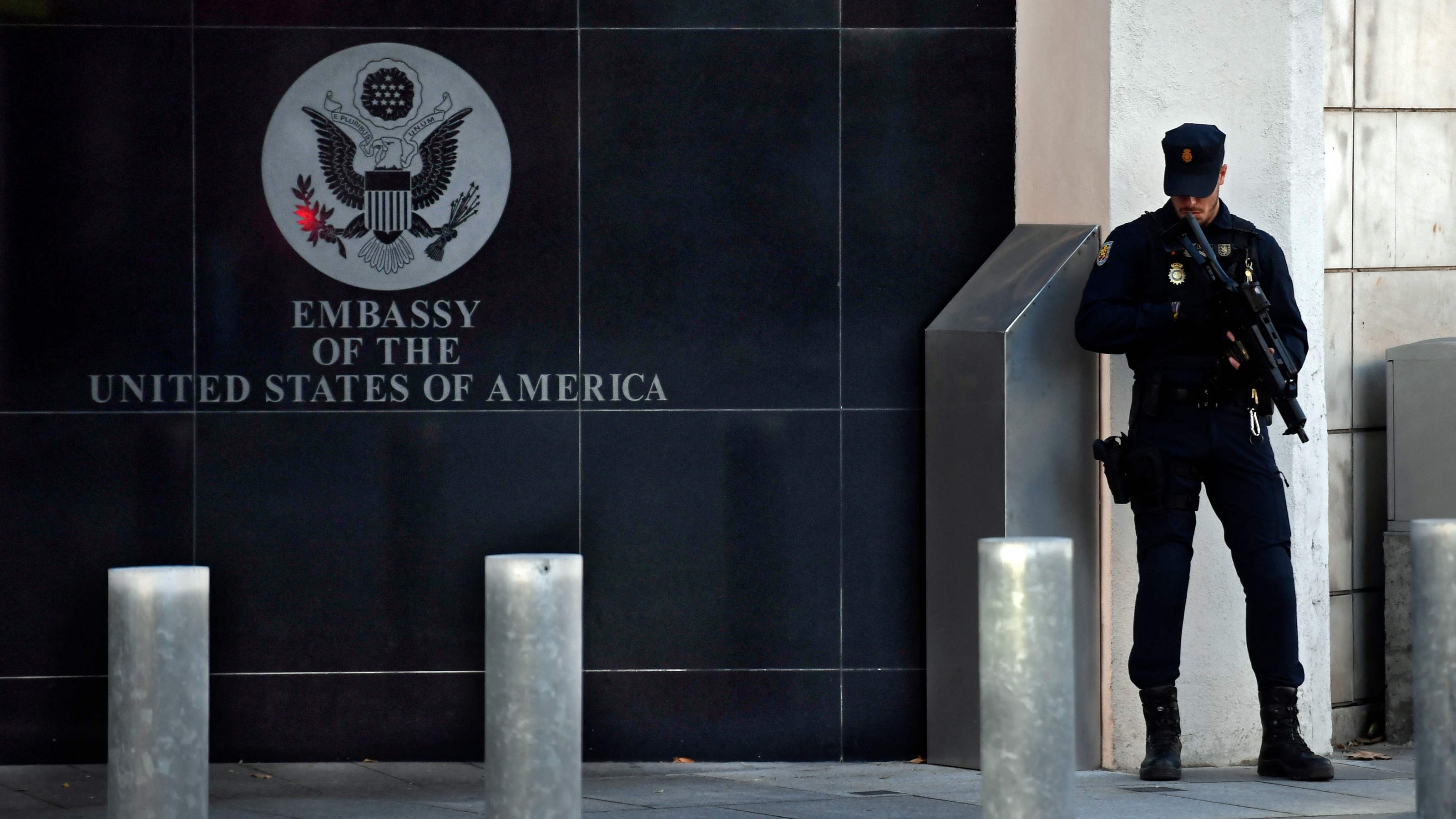Trump's Diversity Ban: US Embassies' Supplier Mandate Sparks Controversy
A controversial executive order signed by former President Donald Trump in 2017, aimed at promoting American businesses, inadvertently sparked a significant debate regarding diversity and inclusion within US government contracting. The order, focusing on prioritizing American-made goods and services for use in US embassies and consulates worldwide, led to concerns about its unintended consequences on the diversity of suppliers. While ostensibly promoting domestic businesses, critics argue the mandate disproportionately impacted minority-owned businesses, hindering their ability to compete for these lucrative contracts.
This article delves into the specifics of the executive order, analyzes its impact on minority-owned businesses, and examines the ongoing legal and political ramifications.
The Executive Order and its Implications
The core of the controversy lies in the interpretation and implementation of the executive order. While the stated goal was to boost American manufacturing and employment, the emphasis on "Buy American" led to a perceived narrowing of the supplier pool. This effectively raised the barriers to entry for smaller, often minority-owned, businesses lacking the resources and established networks to navigate the complex bidding process.
Several key issues arose:
- Increased bureaucratic hurdles: The increased scrutiny and stringent requirements for certification as an "American" supplier disproportionately affected smaller companies with fewer resources dedicated to compliance.
- Limited access to information: The opaque nature of the selection process, along with a lack of transparency regarding the criteria used for selecting suppliers, further disadvantaged minority-owned businesses.
- Discriminatory impact: Critics argued that the emphasis on domestic sourcing inadvertently discriminated against businesses owned by minorities who may have had stronger ties to international supply chains.
The Fight for Inclusion
The executive order's impact triggered a wave of legal challenges and advocacy efforts. Minority-owned business organizations and civil rights groups voiced their concerns, arguing that the policy contradicted the government's commitment to diversity and inclusion within its contracting practices.
These groups highlighted the following points:
- Economic disparity: The exclusion of minority-owned businesses further exacerbated existing economic inequalities, hindering economic growth within these communities.
- Social impact: The reduced representation of minority-owned businesses in government contracts undermined efforts to promote a more equitable and inclusive society.
- Violation of equal opportunity: Many argued that the order violated principles of equal opportunity and fair competition, enshrined in various federal laws aimed at promoting minority participation in government contracting.
Long-Term Effects and Ongoing Debate
The Trump administration's "Buy American" mandate continues to be a subject of debate, even after the change in administration. The long-term effects on minority-owned businesses are still being assessed, with ongoing research examining the lasting economic and social consequences. The discussion raises crucial questions about balancing national economic interests with the government's commitment to diversity and inclusion in its procurement policies. It highlights the complexities of navigating economic nationalism and the promotion of social equity.
Further research and policy adjustments are needed to ensure that government procurement practices promote both American-made goods and the equitable participation of businesses from diverse backgrounds. The future of government contracting will likely involve a continuous balancing act between these competing priorities.
Call to Action: What are your thoughts on the impact of this executive order? Share your perspective in the comments below. Let's keep the conversation going about creating more equitable and inclusive contracting practices.

